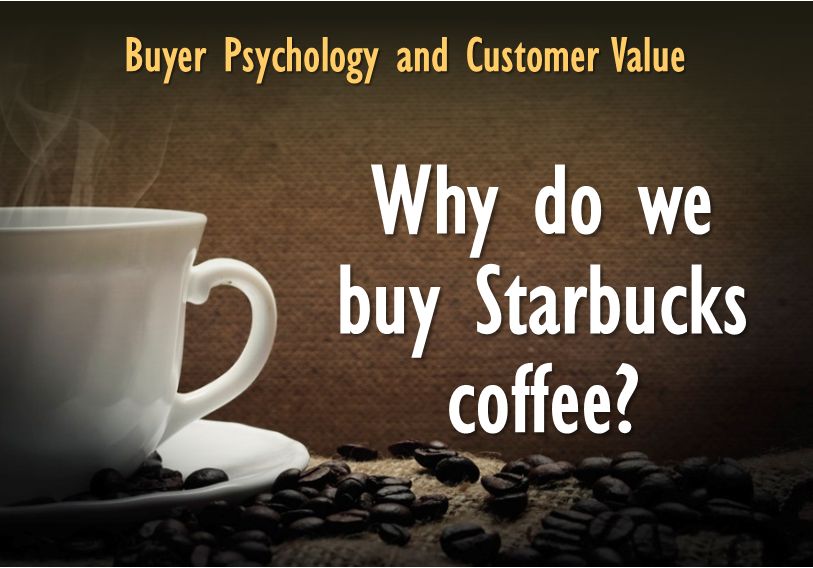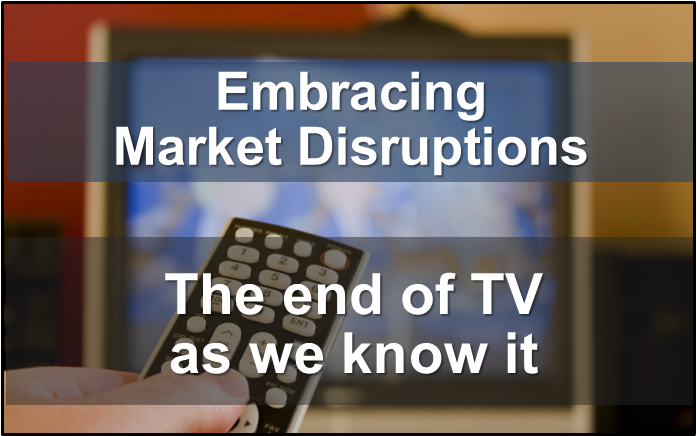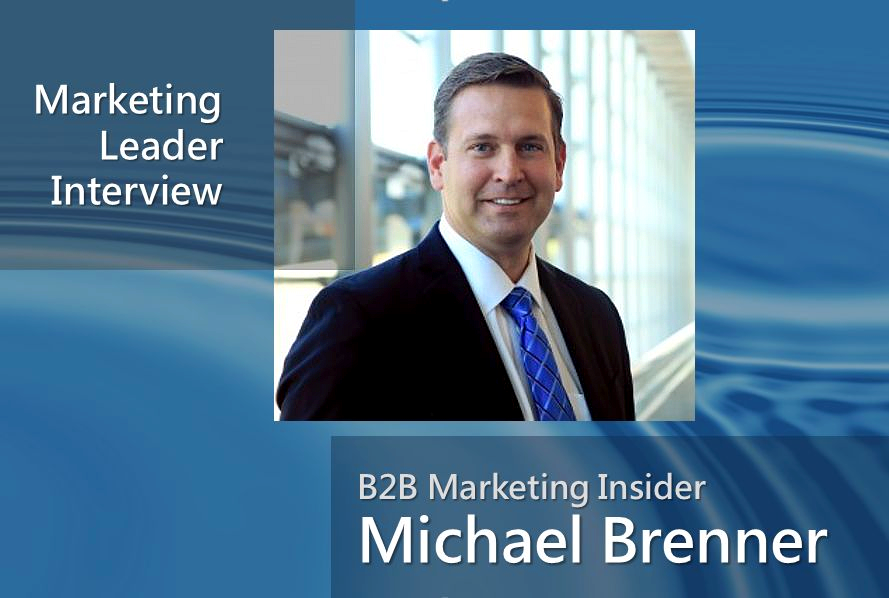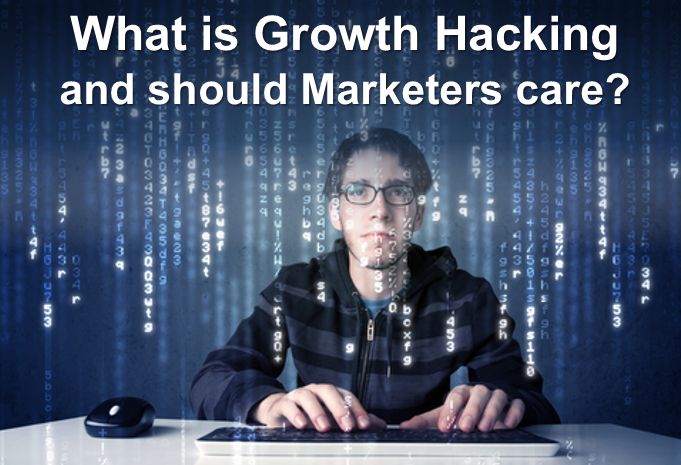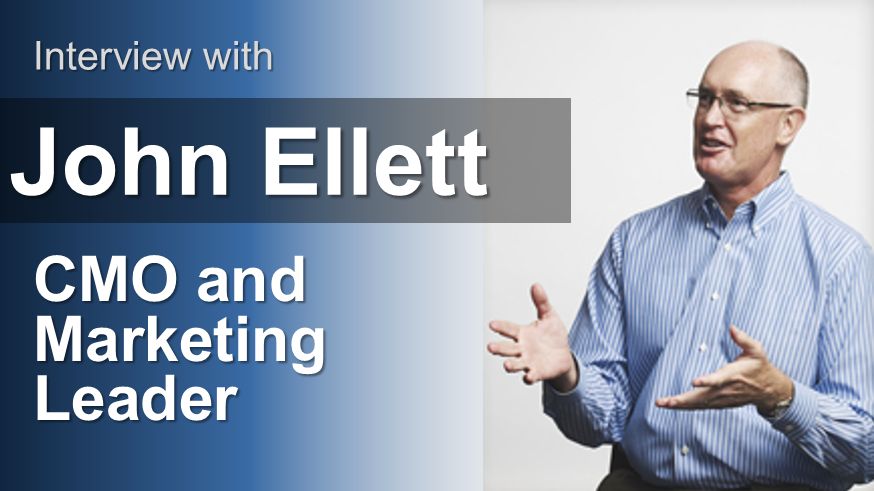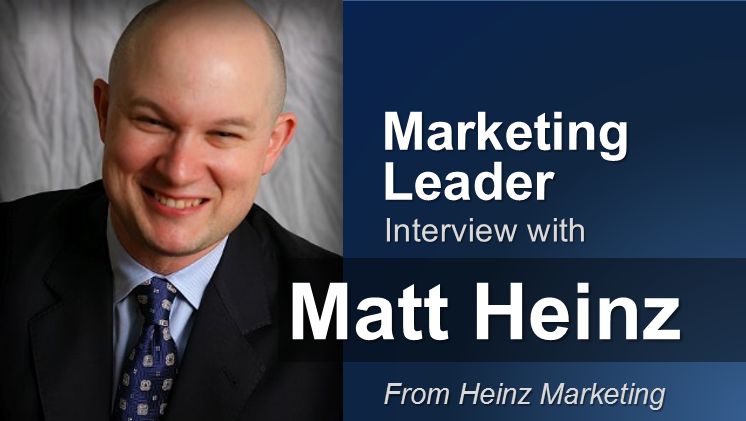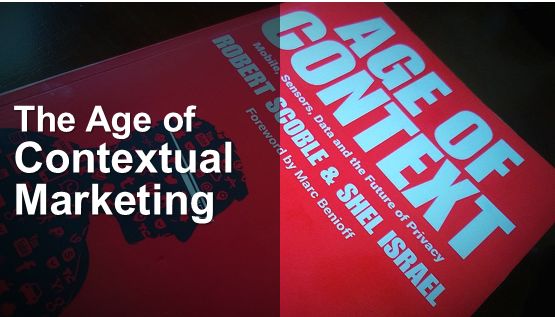There are many guides, best practices and tips for social media marketing out there. This is a different list. These are 10 principles that are fundamental for organizations that are building a social media plan. The goal is to help you establish a mindset that will help you come up with a strategy. I learned these principles after more than a decade of working on social media and community strategies for startups to Fortune 50 organizations..
To start on a light note, let me share an extended version of an entertaining way to explain social media 101
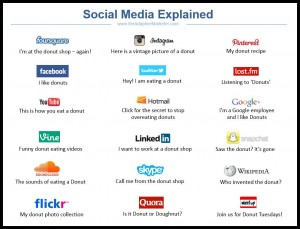
– CLICK IMAGE FOR A LARGER VERSION –
OK, now let’s get to the important stuff. For each principle I provide a summary and a link to an older post where you can read more on the topic.
The 10 fundamental principles for social media marketing
1. Social Media is not a strategy. Social media is interaction, it’s a channel, a tool that can be used for many things – like email, or video conferencing technology or a CRM system or in-person meetings. Social is most effective when integrated with other parts of the business to support a business strategy. Read more.
2. Social strategists are coaches. A mature social team crafts the strategy, provides a technology foundation, guidelines and coaching to enable multiple groups in the organization to be active in social media. If the social media is the only one participating in the conversation, you are doing something wrong. Read more.
3. Social Media is changing fast. My 14 year old daughter has no idea what Foursquare is. Her group use Instagram and Vine more than Facebook and Email. AOL is history. Be aware of social network and style preferences for each of your target audiences. Prepare to be adaptive. More stats.
4. Social media marketing will go away. Soon. Why? Because everything will be social or will have an aspect of social. Every well-rounded marketer must have social media skills and experience. Just like every well rounded marketer requires knowledge of SEO, web technologies or digital marketing. It’s just marketing.
5. There is no social media ROI. The exact value of a Facebook like or a Twitter follower is zero. At least until you come up with an integrated plan to engage fans and create value, they are worthless. If you are measuring ROI for social media activities you are doing something wrong. You must measure the contribution of social media tools and tactics to greater company strategies. Like customer acquisition, branding, support and customer feedback. Read more.
6. Correlation is not Causation. When measuring Social Media effectiveness it is easy to say things like ‘people who follow us on Twitter buy 40% more and buy 3x more often’. We are inclined to believe customers buy more because they follow us on twitter, while the opposite is more likely to be true: customers who like us, are loyal and buy more are likely to follow us on twitter. Correlation does not create value. Read more.
7. Don’t oversell social media. Ads on Facebook or Linked in is not Social Marketing, it is just Advertising. Publishing discount coupons on twitter and other social channels is just taking advantage of an audience to run promotions. Measure value holistically and take into account all costs (including effort, focus and cost of opportunity). Read more.
8. Most communities fail and die. It is alluring to ‘own’ our community of customers and advocates. The reality is that it is very hard to create a community. A better strategy is to fish where the fish are and participate in existing communities. We talk a lot about social media success, we need to talk more about our failures and learn from them. Read more.
9. Becoming a social business is not about adopting social tools, and launching a social campaign. It is about changing your culture to be more customer centric and putting the customer at the center of the business. Read more.
10. Social is just one of five key factors that are changing our world along with mobile, sensors, data and context. Read more about the Age of Context in this post.
If you are building a social strategy for a company, let me suggest this presentation by Warren Lee of Adobe. It provides a useful framework for organizing a team, integrating it with other areas in marketing and specific KPIs that is well aligned (is a good example even) with point #5 above.
Please share your thoughts in the comments below

